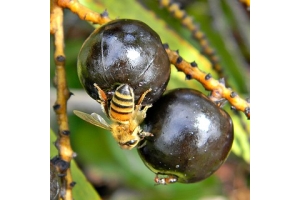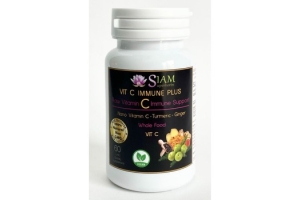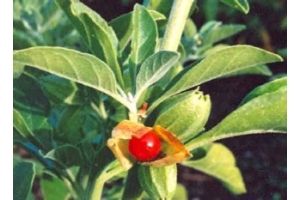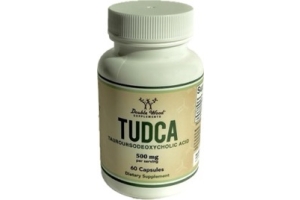Bee Pollen's Nutritional Composition
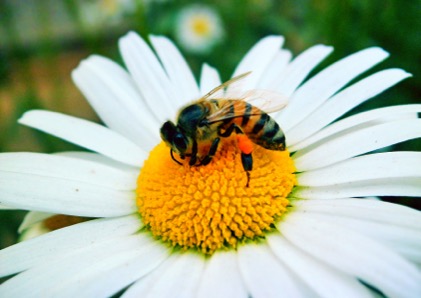
Bee Pollen's Nutritional Composition
Bee pollen is often referred to as a "superfood" because of its impressive nutritional profile. It contains a combination of vitamins, minerals, enzymes, amino acids, and antioxidants. This unique composition provides numerous health benefits when incorporated into a balanced diet.
In terms of vitamins, bee pollen contains a wide range, including vitamin A, vitamin C, vitamin D, and various B vitamins. These vitamins are essential for various bodily functions, from supporting the immune system to promoting healthy skin and hair.
Minerals found in bee pollen include calcium, magnesium, potassium, and selenium. These minerals play crucial roles in maintaining bone health, muscle function, and overall well-being. Selenium, in particular, is known for its antioxidant properties and its potential in reducing the risk of chronic diseases.
The enzymes in bee pollen may aid in digestion. Enzymes help break down food, making it easier for the body to absorb nutrients. Incorporating bee pollen into your diet may support digestive health and nutrient absorption.
Amino acids, often referred to as the building blocks of proteins, are also present in bee pollen. Amino acids are essential for muscle repair, immune function, and the synthesis of various proteins in the body.
Antioxidant Properties
One of the key health benefits of bee pollen is its potent antioxidant properties. Antioxidants help protect the body's cells from oxidative stress and damage caused by free radicals. Bee pollen is rich in flavonoids, carotenoids, and other antioxidants, making it a valuable tool in promoting overall health.
Flavonoids, in particular, have been studied for their potential health benefits. These compounds are known to help neutralize harmful free radicals and reduce the risk of chronic diseases, such as heart disease and cancer. Carotenoids, on the other hand, are responsible for the vibrant colors found in fruits and vegetables. They contribute to eye health and may protect against age-related eye conditions.
Anti-Inflammatory Effects
The anti-inflammatory properties of bee pollen are attributed to its various bioactive compounds, including quercetin and rutin. These compounds have been shown to inhibit the release of inflammatory molecules in the body. While more research is needed to fully understand the extent of bee pollen's anti-inflammatory effects, preliminary studies are promising.
Immune System Support
The immune system plays a crucial role in defending the body against infections and illnesses. Bee pollen contains various bioactive compounds that may help modulate the immune response, potentially strengthening the body's defense mechanisms.
One such compound is beta-glucans, which have been studied for their immune-boosting properties. Beta-glucans are known to activate immune cells and enhance the body's ability to combat infections. Additionally, bee pollen contains vitamins like vitamin C, which is well-known for its immune-boosting effects.
Energy and Stamina Enhancement
Many individuals turn to bee pollen for a natural energy boost. The amino acids and vitamins in bee pollen are believed to enhance energy levels and stamina. Athletes and active individuals often incorporate bee pollen into their diets to support peak performance.
Amino acids such as phenylalanine and leucine are thought to contribute to increased energy levels. Phenylalanine plays a role in the production of dopamine and norepinephrine, neurotransmitters that are associated with alertness and focus. Leucine, on the other hand, is essential for muscle protein synthesis, which is crucial for physical endurance.
Skin Health and Beauty
Beyond its internal health benefits, bee pollen is also recognized for its potential to promote skin health and beauty. Some beauty products contain bee pollen due to its reported ability to nourish the skin and improve its appearance. When consumed regularly, bee pollen may contribute to a healthy complexion.
The skin benefits of bee pollen are attributed to its antioxidant content, which can help protect the skin from damage caused by UV radiation and pollution. Additionally, bee pollen contains nutrients like biotin, which is known for promoting healthy hair and nails. When combined with a skincare routine, bee pollen can complement efforts to maintain a youthful and radiant complexion.
Conclusion
In conclusion, bee pollen is a remarkable natural substance with a myriad of health benefits. Its rich nutritional composition, antioxidant properties, and potential to reduce inflammation make it a valuable addition to a balanced diet. Whether you're looking to boost your immune system, increase energy levels, or enhance your overall well-being, bee pollen may offer a natural and effective solution.



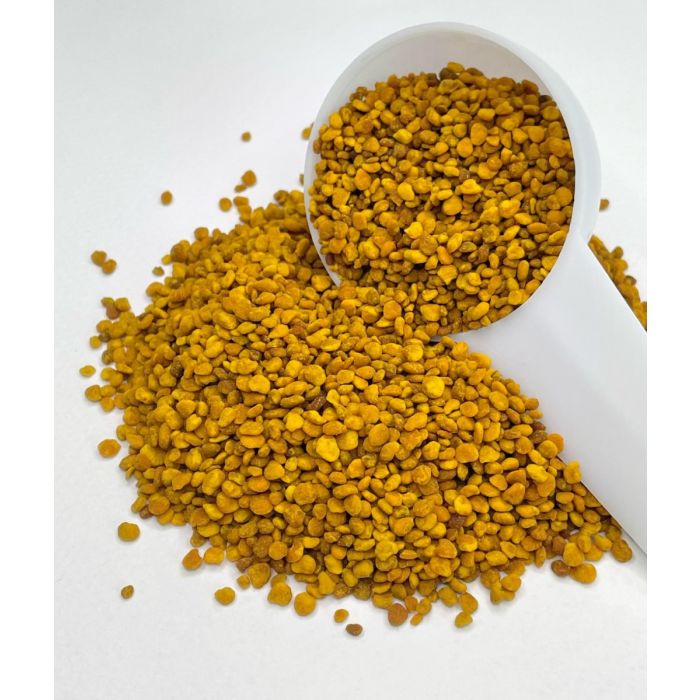
 Over 500 health and wellness products
Over 500 health and wellness products Everyday savings and weekly promotions
Everyday savings and weekly promotions The best natural and organic produce from around the world
The best natural and organic produce from around the world Committed to you - over 10 years of trusted service
Committed to you - over 10 years of trusted service